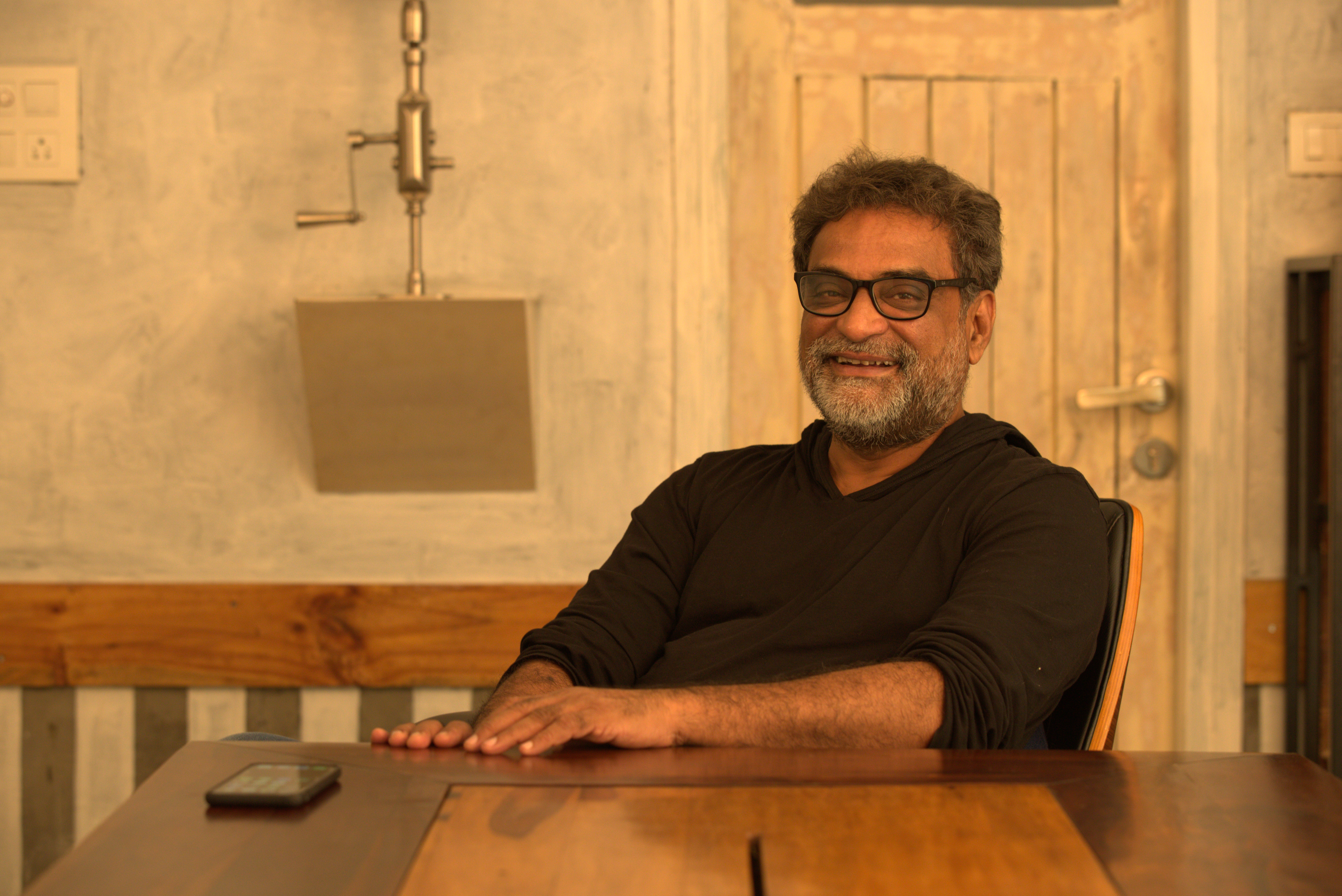

Chup: Revenge of the Artist directed by R Balki is a story of a psychopath serial killer who is targeting film critics. In the film, after the release of every film, a film critic is murdered for giving bad reviews. Chup is a catharsis for R Balki to take out the fear of these so-called judges (critics). In an exclusive interview with financialexpress.com’s Eshita Bhargava, the filmmaker disclosed what happened in his life that evoked him to make such a film. He said that there was one such review for his 2007 film Cheeni Kum that pushed him into depression. Cheeni Kum is a rom-com film starring Amitabh Bachchan, Tabu, and Paresh Rawal.
How are you absorbing all the love and appreciation that the film is getting?
I’m very overwhelmed and touched. It is a sensitive film, and it is very close to my heart. It’s one of those things you just do for its own sake, beyond any other expectations. So, I’m just glad that people have enjoyed it.
Before we talk more about Chup, I want to understand how you come up with unique concepts.
I just search for a reason to make a film – filmmaking is a laborious process, and it takes a lot of dedication. And there needs to be something that gives you the drive and the energy to sustain your passion, along with others around you. I try to watch films as much as I can and not make them, unless I can do something to the best of my knowledge, at least at the starting point, which isn’t been done before. I don’t feel I’ll have the drive and the energy to sustain the momentum for a lot of other people. So, I search for that.
“A film is a director’s baby,” it’s a dialogue in the film. How close is the film to you on a personal level? And what made you work on it?
If I had taken the script to somebody else, then they would have questioned why we were doing a film on just the industry and the critics or how many people know about this kind of a subject or who are interested in knowing about it… I just told them if nobody was interested in our industry, we wouldn’t be the industry that everybody wants to be in. I just believe that people always like to know what they don’t know. I’m not saying that I mounted the film as a blockbuster entry but I wanted to just say that don’t write off people or underestimate their interest levels or intelligence by saying this is not something they’d be interested to watch.
The film talks about how critics can be brutal at times. Was there a time in your life when you were upset after reading a review and felt it was unnecessary?
I didn’t even know what critics were writing about my work reviews until I started reading the reviews. I used to read them if somebody sent them to me and those were usually the positive ones. I was quite depressed after reading a review by a senior journalist for Cheeni Kum. As a first-time filmmaker, you do go into some kind of a deep psychological fear of saying the people are out to trash me. You into your cocoon. It was an agenda-filled review that was very negative and trashed the film. The film was received well but the review damaged me. Chup is like a catharsis for me to take out the fear of these so-called judges waiting to pounce on you.
What do you have to say about the self-proclaimed critic that we have nowadays? How seriously do you take them or take their ratings?
I think there are a lot of self-proclaimed critics. There are people just trying to be a critic – A lot of YouTubers, influencers, and everyone else has become a critic today. What I’m most worried about are the people who are proclaimed critics – because they master the craft. You never get disturbed about a subject if it doesn’t matter to you. I believe criticism is really important. There has to be a set of wonderful official critics whom people look up to, for their guidance on what they should see and how they should not see. I am deeply concerned for the status of our proclaimed critics, rather than our self-proclaimed critics. They are doing it for fun and people are not going to take them seriously whereas official critics have a bigger role to play. Some of them write well and sensibly reviews. You don’t have to like a film to write well.
How important are the box office numbers for you, as a director, also, does that influence the way you look at firms?
Box office numbers are the most important thing for anybody in the industry. You may have your artistic inclination but somebody who’s putting in money should not lose money. So, I’m very careful with what I do. I don’t make films keeping the box office requirements in mind, but I tailor box office requirements for my films – Which means if I know the expectations of a certain film then I’ll keep the economic dynamics in mind. For Chup, I was very clear that we have to make a film that is safe theatrically and safer digitally. I knew the theatrical footfall will be small because there is a selective audience for the film. I had to be sensitive and practical about it to limit my economics.
What do you have to say about the ticket prices? We recently saw during World Cinema Day that people went to watch films. Do you think that also needs to be checked?
101 per cent. 1/10th of the people who watched Chup in theatres, went for the film because the ticket prices were less. They would have otherwise waited for the film to come on OTT platforms. They keep a certain amount of money with them for entertainment and like going out with their families. If the prices are less, they would be happy to watch a good film in cinema halls.
When you have a cinema that’s affordable, people just want to flock to anything that has excited them, not necessarily wait for the one thing that they can enjoy with their full family.
So, I think what ticket prices will do is bring a lot more people into the cinema for a lot of films. Cinema can only survive when medium-scale and small-budget films are also working and not just the big films. If you go back, these were the reasons why Rishikesh Mukherjee’s films worked so beautifully. We need to take cognizance of what people want and work accordingly.
Recently we saw films are not doing too well. What according to you are the reasons behind it?
Firstly, I think we are just looking at a few South Indian films that have worked. Many haven’t. There are quite a few possible reasons – Firstly, again, the ticket prices. After lockdown, we have free cinema at home, almost. So, there has to be something really exciting to make the viewers go out and pay that kind of money to watch a film. The Indian audience loves to go to the cinema. The dynamics of this are not so much South or North.
What’s next?
Ghoomer is next with Abhishek Bachchan.
Source : Financial Express